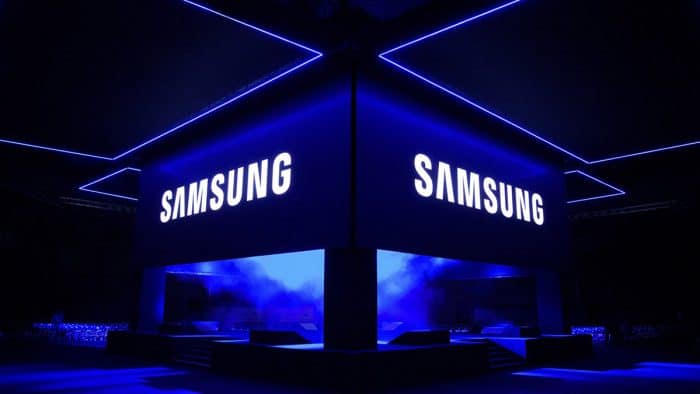Samsung Electronics recently said that the company achieved the industry’s fastest 5G speed in a laboratory demonstration. The demonstration used carrier aggregation technology to combine multiple channels of the millimeter-wave spectrum (800MHz spectrum). Samsung used its 5G millimeter wave access unit, which includes traditional baseband, radiofrequency, and antenna. Samsung launched its 5G NR millimeter wave access unit at the MWC Los Angeles conference in October 2019. The access unit uses MIMO technology and has more than 1,000 antenna components in a single unit.

In recent tests, Samsung used two test terminals equipped with its latest 5G modem chipset. These terminals send signals to the millimeter-wave access unit, and each terminal reached a transmission rate of about 4.3 Gbps. Collectively, these terminals hit the industry’s highest rate of 8.5 Gbps.
Earlier this year, Samsung and Verizon conducted a trial using a base station in a commercial network in Texas. In the experiment, Verizon used Samsung’s 5G NR access unit to aggregate the 800MHz bandwidth spectrum on the 28GHz band. However, the two parties did not disclose how much traffic the base station handled. Considering that the number of 5G mobile phones used by consumers is not large, it may not handle much commercial traffic.
Samsung is studying millimeter wave technology in South Korea and the US. The company said it has also begun to support the commercial deployment of 5G in Japan.






So in real world usage about 2Gb/s is guaranteed.. not bad, it’ll saturate the new WiFi 6 2×2 quickly. Anything higher will be a waste since by then devices should support WiFi 6 4×4 or even 8×8 to fully benefit from the speed (let alone devices with pathetic 1Gb LAN which is still standard mainly in most PCs and laptops!).